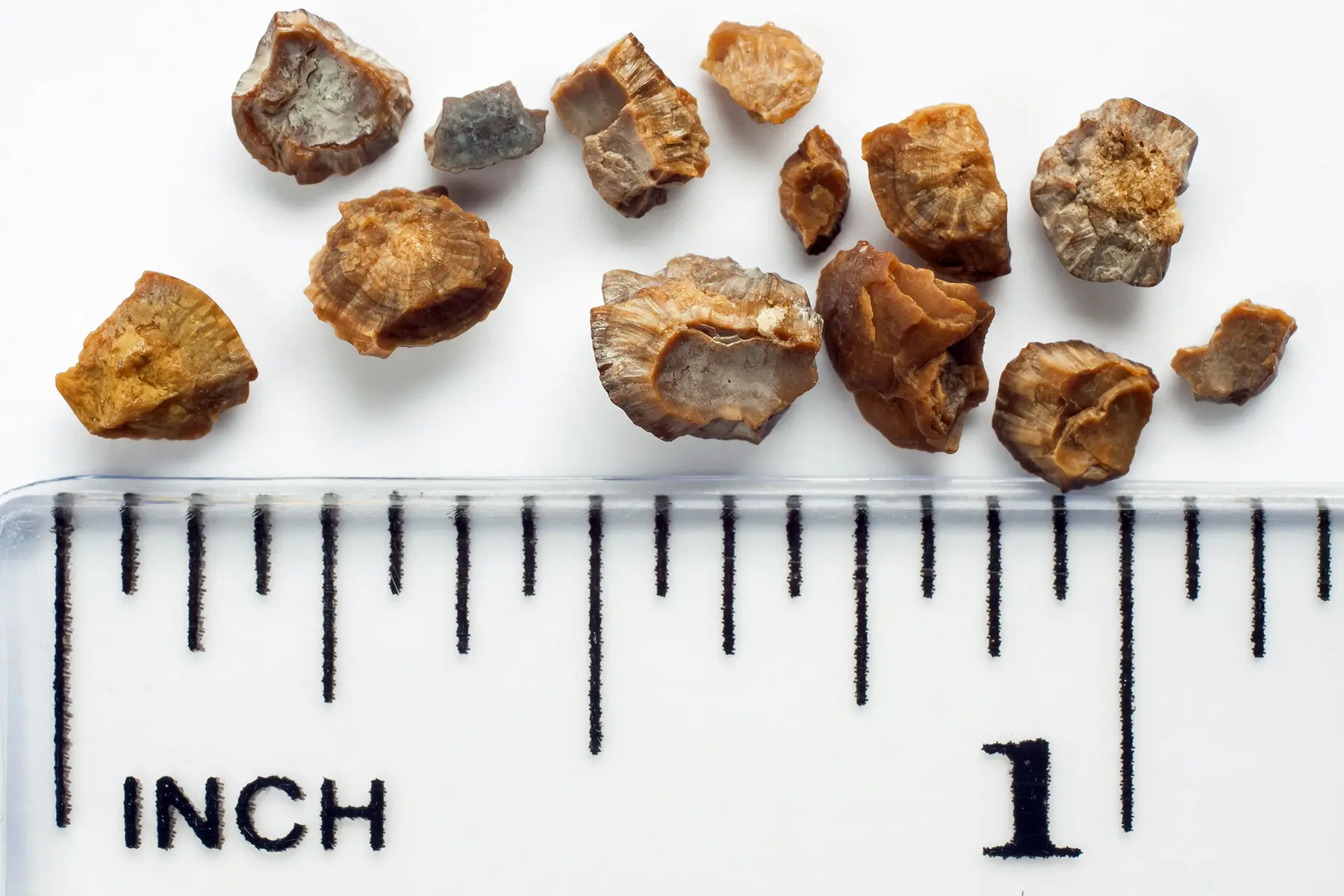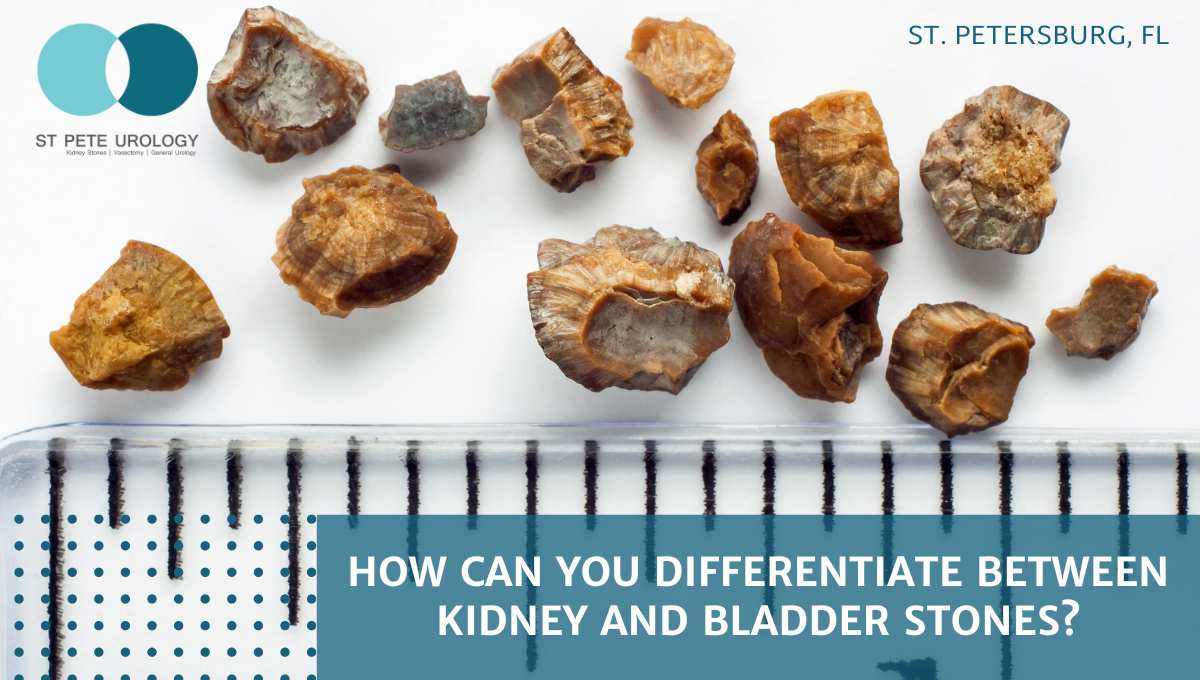Kidney Stones vs UTI: Comprehending the Overlapping Manifestations and Therapy Techniques
Kidney Stones vs UTI: Comprehending the Overlapping Manifestations and Therapy Techniques
Blog Article
Discovering the Effects and Causes of Kidney Stones in Contrast to Urinary Tract Infections: An In-depth Guide
The exploration of kidney rocks and urinary system tract infections (UTIs) discloses a complex interaction of signs and underlying reasons that call for mindful exam. While both problems can bring about hematuria, they present unique medical functions and arise from different etiological variables. Understanding the subtleties of each problem is crucial for reliable medical diagnosis and monitoring. What are the key distinctions in their symptoms, and just how might these educate treatment methods? The solution to these concerns might offer important understandings into the avoidance and treatment of these common urological problems.
Overview of Kidney Stones
Kidney stones, likewise called renal calculi, form when certain substances in the urine crystallize and aggregate, bring about the growth of hard deposits within the kidneys. These stones can vary in dimension, varying from a grain of sand to a golf ball, and can be composed of various products, one of the most usual being calcium oxalate, uric acid, struvite, and cystine. The development of kidney rocks is affected by numerous variables, consisting of nutritional behaviors, liquid intake, and hereditary predisposition.
Symptoms of kidney stones may include extreme pain in the back or side, blood in the pee, queasiness, and frequent peeing, particularly as the rock relocates through the urinary tract. Medical diagnosis normally entails imaging research studies such as ultrasound or CT scans, along with urinalysis to recognize the rock's make-up.
Treatment alternatives differ based on the size and kind of rock, as well as the severity of symptoms (Kidney Stones vs UTI). Little stones might pass naturally with raised liquid intake, while bigger stones may require medical treatments such as lithotripsy or surgical removal. Understanding the pathophysiology and threat factors related to kidney stones is crucial for effective prevention and monitoring
Introduction of Urinary System Infections
Urinary tract infections (UTIs) are typical bacterial infections that impact any component of the urinary system, consisting of the kidneys, ureters, bladder, and urethra. They primarily occur when bacteria, usually from the stomach tract, go into the urinary system, resulting in inflammation and infection. UTIs are classified into 2 main kinds: uncomplicated and challenging. Straightforward UTIs usually happen in healthy and balanced people with regular urinary tracts, while complex UTIs might occur in individuals with hidden problems, such as structural irregularities or endangered body immune systems.
The occurrence of UTIs is significantly greater in ladies than guys, mainly as a result of anatomical differences, such as a much shorter urethra. Risk elements include sexual activity, specific contraceptive techniques, urinary system retention, and dehydration. The medical diagnosis of UTIs is usually validated via urine tests, which may disclose the existence of bacteria, leukocyte, or red blood cells.

Signs And Symptoms of Kidney Stones
The pain connected with kidney rocks their explanation can show up in numerous ways, often leading people to seek medical interest. One of one of the most usual signs and symptoms is serious discomfort, commonly localized in the reduced back or side, which might radiate to the abdomen or groin. This discomfort, often explained as basics sharp or cramping, can happen instantly and may fluctuate in intensity.
In addition, individuals might experience hematuria, or blood in the urine, which can range from microscopic total up to visible discoloration. This symptom might be come with by modifications in urinary system behaviors, such as enhanced regularity or seriousness, along with pain during urination. Nausea and vomiting are also prevalent, commonly resulting from the body's reaction to extreme pain.
In some instances, individuals may experience high temperature and chills, especially if a secondary infection establishes as a result of the obstruction brought on by the stones. In general, the mix of extreme pain, hematuria, transformed urinary patterns, and intestinal signs and symptoms can give significant insight right into the visibility of kidney stones, requiring prompt medical evaluation and treatment. Recognizing these symptoms is vital for prompt medical diagnosis and effective administration of the problem.
Signs of Urinary System Tract Infections
Infections within the urinary system usually provide a variety of distinctive signs and symptoms that can considerably influence daily life. The most usual symptoms consist of a relentless impulse to urinate, usually gone along with by a burning experience throughout peeing, called dysuria. Individuals may likewise experience raised regularity of peeing, producing tiny quantities of urine each time.
Various other noteworthy signs consist of foul-smelling or over cast urine, which may show the presence of microorganisms or pus. Sometimes, urine might appear red or pink due to the existence of blood, a condition referred to as hematuria. Furthermore, individuals might experience pelvic pain or stress, which can additionally aggravate the sensation of necessity.
Systemic symptoms might also materialize, such as fever, cools, and tiredness, particularly if the infection has actually risen to the kidneys. It is vital to recognize these symptoms early, as unattended urinary system tract infections can result in a lot more serious difficulties. Kidney Stones vs UTI. Trigger clinical focus is advised when these signs and symptoms are observed, allowing for appropriate analysis assessment and treatment to ease pain and prevent further health and wellness concerns
Reasons of Each Condition
Regularly, kidney stones and website here urinary system infections arise from distinct yet often overlapping causes that can affect individuals differently. Dehydration, insufficient liquid intake, and high-sodium diets can worsen these problems, advertising formation within the urinary system.

Comprehending these unique causes is critical for prevention and treatment. Kidney Stones vs UTI. While way of life alterations may reduce the danger of kidney stones, proper health and prompt treatment of urinary system infections are crucial for reducing their reoccurrence and connected complications
Final Thought
In recap, kidney stones and urinary system infections existing distinct symptoms and underlying reasons. Kidney rocks are characterized by extreme discomfort and metabolic aspects, while urinary system tract infections primarily include bacterial infections bring about urinary system seriousness and pain. Both conditions can result in hematuria, their formation devices vary significantly. Comprehending these differences is critical for reliable diagnosis and therapy, inevitably improving client end results for those impacted by either problem.
The expedition of kidney stones and urinary system system infections (UTIs) reveals a complicated interplay of signs and symptoms and underlying causes that require mindful assessment.Urinary system tract infections (UTIs) are typical microbial infections that affect any kind of component of the urinary system, including the kidneys, ureters, bladder, and urethra.Often, kidney stones and urinary system infections arise from distinctive yet occasionally overlapping reasons that can impact people in different ways.In summary, kidney stones and urinary system infections existing unique symptoms and underlying reasons. Kidney rocks are identified by severe pain and metabolic aspects, while urinary tract infections largely involve microbial infections leading to urinary system seriousness and discomfort.
Report this page